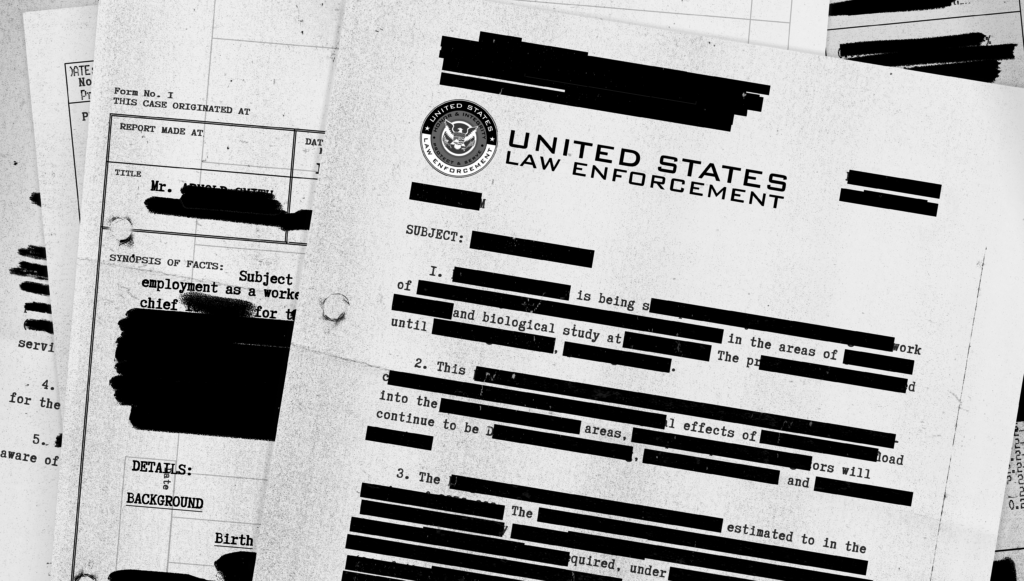Utah Criminal Discovery | Rights and Key Evidence
What is Discovery in a Utah Criminal Case?
Discovery is a critical phase in a Utah criminal case, encompassing all evidence the prosecutor possesses and anything the defense can obtain. Unlike civil cases, where discovery processes are extensive and robust—including depositions and written inquiries—criminal cases traditionally operate under more limited discovery regulations. However, the objective remains the same: ensure that all relevant evidence is disclosed to facilitate a fair trial.
Classic Discovery Materials in Utah Criminal Cases
The initial package of discovery typically includes:
- Police Reports: Detailed accounts of the incident from law enforcement.
- Body and Police Car Video/Audio Footage: Recorded evidence of the interaction between officers and the defendant.
- Photographs and Witness Statements: Visual evidence and accounts from individuals present at the scene.
- Criminal History Records: The defendant’s RAP sheet, driving record, and past criminal records.

Additional Discovery Sources
In addition to the classic discovery materials, defendants often encounter other common sources of discovery, such as:
- 911 Calls: Emergency calls related to the incident.
- Police Dispatch Records: Communications between law enforcement during the incident.
- Division of Child and Family Services Records: Relevant records if the case involves minors.
- Additional Agency Reports: Reports from other law enforcement or regulatory agencies.
- Previous Criminal Records: Records from the defendant’s past encounters with law enforcement.
Less Common Sources of Discovery
While not as frequently disclosed, the following sources can still play a vital role in a criminal case:
- Surveillance Footage: Video from nearby businesses.
- Public Land Records: Documents related to property ownership and land use.
- Private Doorbell Camera Footage: Videos from neighbors’ security cameras.
- Social Media Files: Posts and messages from the defendant or witnesses.
- Text Messages and Phone Records: Communications that may provide context or evidence.
- Witness Medical Records: Relevant health records of complainants or witnesses.
- Public Records: Any documentation that can shed light on the case, including filings available on the Utah Business Search website.
The Goal of Criminal Discovery
The overarching aim of discovery in serious criminal cases is to gather all available evidence—both favorable and unfavorable to the prosecution. Defendants should not limit themselves to the initial discovery package; proactive follow-up requests are essential for thorough preparation.
Utilizing GRAMA and FOIA for Discovery
Utah criminal defense attorneys effectively leverage public records requests through:
- GRAMA: The Government Records Access and Management Act allows for requests of public records within Utah, accessible at Utah Archives.
- FOIA: The Freedom of Information Act governs federal records requests, applicable in cases involving federal agencies.
Both GRAMA and FOIA have limitations, with specific exceptions for disclosure. Utah’s GRAMA favors public access while balancing privacy concerns, as stated in Utah Code 63G-2-102.
Utah Rule of Criminal Procedure 16: Mandatory Defense Disclosures
As of May 3, 2023, Rule 16 mandates specific disclosures by the defense, narrowing the previously broader leeway in withholding evidence. Key components include:
- Good Cause Disclosures: The defense must provide evidence essential for the prosecution’s case preparation.
- Statutory Disclosures: Requirements for disclosing alibi and insanity evidence under Utah Code 77-17-13, 77-14-2, and 77-14-4.
- Trial Disclosures: At least 14 days before trial, the defense must share witness lists and exhibit information with the prosecution.
Limitations on Disclosure
Defendant disclosures do not include privileged or attorney work product materials, as clarified in Rule 26(b)(6) of the Utah Rules of Civil Procedure.
Importance of a Thorough Defense Investigation
A robust defense hinges on the diligent investigation of evidence and contact with potential witnesses. All discovery provided by the prosecution requires careful examination for leads that may support the defense.
For any legal assistance regarding criminal defense or discovery in Utah, feel free to call or text Attorney Jake Gunter at (801) 373-6345.




